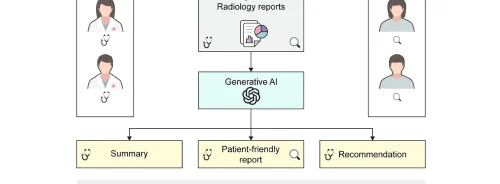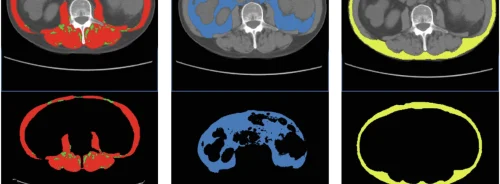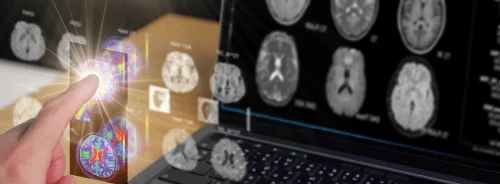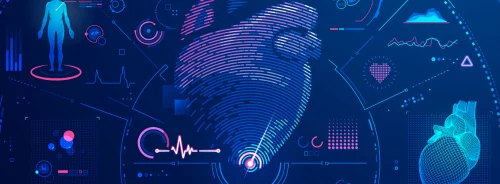The tight roped tug of war concerning artificial intelligence and exponential technologies like deep learning and machine learning has been pulling at radiology for years. There are those fearing the dark side- new technologies as the ‘big bad’ machines that will rise up and exterminate the radiologist, the shining happy radiologists that see unicorns and rainbows in discovering the magic of AI and the calm yet hopeful middle grounders observing both sides with an open mind and request for evidenced applications.
A sigh of relief and renewed optimism is spreading after the messages echoing from the RSNA opening ceremony where President Dr. Vijay M. Rao made it crystal clear she believes to embrace new technologies will never replace the radiologist but will in fact transform the practice and place it at the very centre of the patient care continuum where it belongs.
You may also like: #RSNA18: AI may help reduce MRI gadolinium dose
In no uncertain terms, during her presidential address, Dr. Rao said, “I believe more firmly than ever that AI has the potential to enhance our profession and transform the practice of radiology worldwide. It will allow radiologists to spend more time on initiatives that will benefit both patients and physicians."
More importantly, Dr. Rao introduced the notion of thinking in terms of generating new initiatives like: rebranding, diagnostic data hubs, patient management decision groups, total imaging care. Re-imagining the practice of radiology essentially not only urging radiologists to think out-of-the-box but start thinking about kicking down the doors of each and every dark reading room and pull up doctors into the spotlight and onto the main stage of patient care.
Her call to end the sequestering and isolation of doctors in dark reading rooms by creating digital diagnostic hubs is at the heart of what patient centered care is meant to represent. Cross collaboration of clinical teams, in person or virtually, to make patient management decisions using AI cumulate image findings with data from other sources, lab results, biopsy information, patient history and patients physical exams.
"Creating this type of data hub could lead to a diagnosis that might otherwise be missed if one just considered the current imaging exam in isolation," said Dr. Rao and added that future radiologists will take over the complete imaging care of patients in what she called, "total imaging care."
Dr. Rao highlighted radiology’s longstanding goal is providing value to both the patient and other physicians by practicing in the epicenter of care and radiologists should take action today in order to realize this future.
"We'll need to embrace AI rather than fear it," she said. "We'll need to recommit to the patient-centric model of radiology. We'll need to develop the necessary ethical and medicolegal standards for protecting data as well as machine learning algorithms.
"Importantly, we'll need to form new cross-sector partnerships with colleagues in other specialties," Dr. Rao said.
Dr. Rao painted a picture of the future envisioning what an average day will be like in 25 years for her granddaughter, Priya, as a new radiologist. She described future radiologists will start their day by clicking through the list of cases at their reading stations, where AI algorithms will have replaced older methods of decision support and prioritized their worklists. In some cases perhaps, AI will have automatically measured lesions against a patient's prior exams and provided suggestions of a diagnosis based on similar findings and proven diagnoses.
Dr. Rao noted that the imaging report of the future will include image-based responses incorporating molecular, therapeutic and physiologic parameters for each patient. She believes that in the future, the radiologist's email and mobile phone number will be included at the bottom of every report to remind patients that radiologists are physicians who are accessible to them.
"We can get there, but work remains ahead of us," Dr. Rao concluded.
Image Source: RADIOLOGICAL SOCIETY OF NORTH AMERICA
References:
Latest Articles
Radiology, RSNA, machine learning, AI, deep learning, cross-collaboration, patient centered care, #RSNA18, digital diagnostic hubs, total imaging care
A sigh of relief and renewed optimism is spreading after the messages echoing from the RSNA opening ceremony where President Dr. Vijay M. Rao made it crystal clear she believes to embrace new technologies will never replace the radiologist but will in fac










